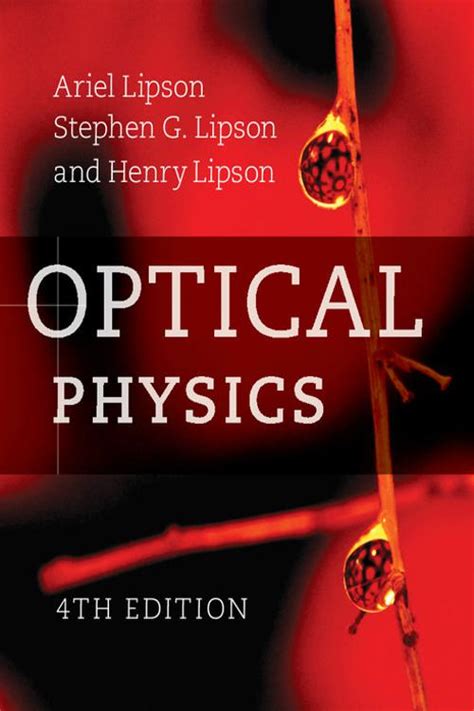A Quote by Brian Greene
Falsifiability for a theory is great, but a theory can still be respectable even if it is not falsifiable, as long as it is verifiable.
Related Quotes
If the theory accurately predicts what they [scientists] see, it confirms that it's a good theory. If they see something that the theory didn't lead them to believe, that's what Thomas Kuhn calls an anomaly. The anomaly requires a revised theory - and you just keep going through the cycle, making a better theory.
Such is professional jealousy; a scientist will never show any kindness for a theory which he did not start himself. There is no feeling of brotherhood among these people. Indeed, they always resent it when I call them brother. To show how far their ungenerosity can carry them, I will state that I offered to let Prof. H--y publish my great theory as his own discovery; I even begged him to do it; I even proposed to print it myself as his theory. Instead of thanking me, he said that if I tried to fasten that theory on him he would sue me for slander.
The theory of free speech, that truth is so much larger and stranger and more many-sided than we know of, that it is very much better at all costs to hear everyone's account of it, is a theory which has been justified on the whole by experiment, but which remains a very daring and even a very surprising theory. It is really one of the great discoveries of the modern time.
I have always been slightly suspicious of the theory of evolution because of its ability to account for any property of living beings (the long neck of the giraffe, for example). I have therefore tried to see whether biological discoveries over the last thirty years or so fit in with Darwin's theory. I do not think that they do. To my mind, the theory does not stand up at all.
Creationists reject Darwin's theory of evolution on the grounds that it is "just a theory". This is a valid criticism: evolution is indeed merely "a theory", albeit one with ten billion times more credence than the theory of creationism - although, to be fair, the theory of creationism is more than just a theory. It's also a fairy story. And children love fairy stories, which is presumably why so many creationists are keen to have their whimsical gibberish taught in schools.
The more evolutionary theory gets called an atheistic theory, the greater the risk that it will lose its place in public school biology courses in the United States. If the theory is thought of in this way, one should not be surprised if a judge at some point decides that teaching evolutionary theory violates the Constitutional principle of neutrality with respect to religion.


































